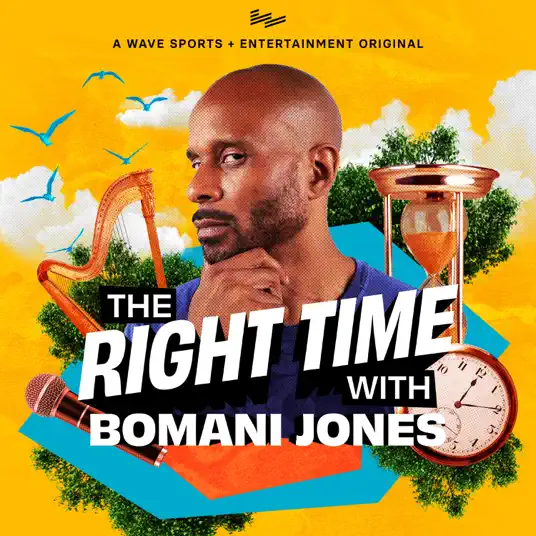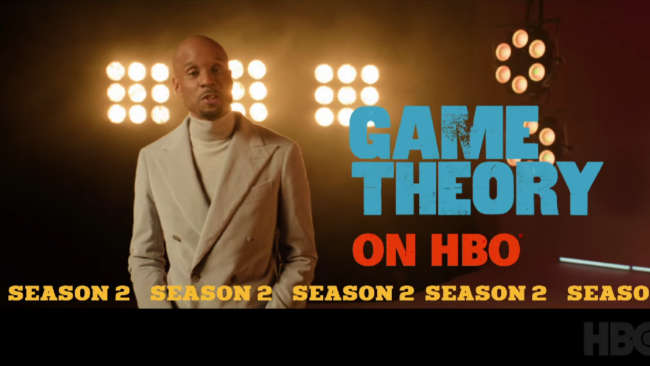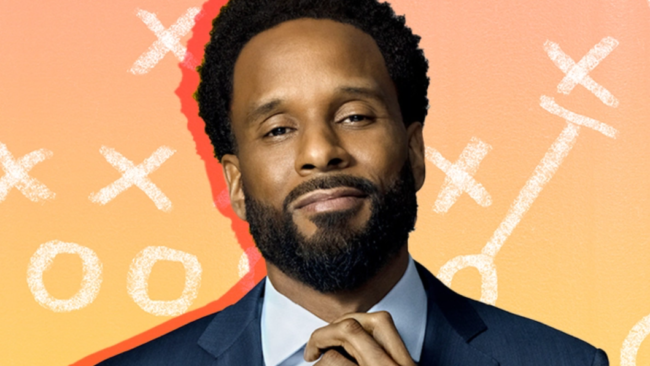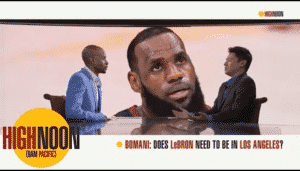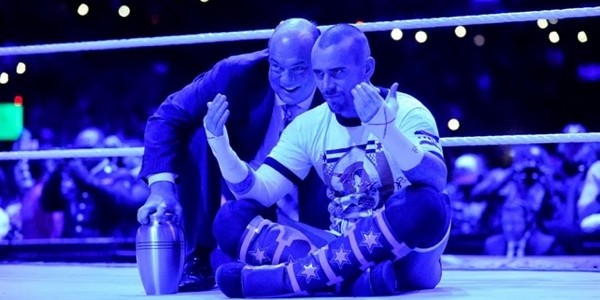
I stopped following wrestling in the fall of 2001. I don’t have any vivid recollections of the exact moment I was out – it was a slow, gradual process.
I started watching WCW in the early 90s. Then we moved, didn’t have cable for awhile, moved again, got cable back, and came back right in time for the fabled WWF PPV In Your House 1, in which they gave away a house. Cause that’s what people did back in the day.
Wrestling idiosyncrasies and vernacular began creeping into me and my friends’ interactions in middle school. We had our own classroom versions of heel turns and getting over. We made mixtapes of entrance theme music. That’s not to mention the DX chop that crossed over to pop culture (later used in Slumdog Millionaire AND Knocked Up. We knew wrestling was “fake”, but it didn’t matter during lunchtime discussions, or hanging out at each other’s house after school.
The Monday Night Ratings War between Nitro and Raw was our one game a week equivalent to football season. And ECW was the cool, underground, REAL wrestling organization – the Rawkus of the group (And ECW taught me that no matter how talented on the underground you are, once you sign with a major, you change. Well, Rawkus taught me that too, but still…)
And by the following year, all the feuds, stories, and heel turns were a memory. I replaced my graffiti’d notebook for a proper, college embroidered set.
Regardless, Hogan’s heel turn to nWo, the Stone Cold vs. Bret Hart feud, and the like are embedded in me, and people that know, know. Besides, those memories are real to me, damnit.
CM Punk – Wrestling’s Catfish
If there’s one wrestler that embodies the twists, turns, and unreliable narrators of social media, it’s CM Punk. Specifically, CM Punk’s “worked shoot”, of which Punk is the Christopher Nolan of, which is when “a wrestler seemingly goes off script and breaks down the fourth wall in addressing the audience (this is a “shoot”), but when in reality the whole thing is part of the script (thus it’s “worked”)”. Is it real? Is it fake? Is he losing it? Those aren’t wrestling questions – those are questions we ask about how to build an online identity in the social media age. Except in this case, we get to see the personification of these stories play out in every week. And we get to tweet about it.
In a way, the WWE is the ultimate content farm. The WWE topped 200 million social media followers in September. John Cena is the seventh most followed athlete in the world on Facebook. 14 WWE superstars have more than 1 million followers on Twitter. The WWE is Buzzfeed on…umm, Red Bull. But again, we get to watch our content creators shape their characters every week on live television. As Ed Arnold writes, the key to WWE is that fans are posting about the event in real time as opposed to “passively watching”.
We’ve already touched on the relationship between binge watching and Twitter (which came first – Twitter, or binge watching?). The WWE created their own Netflix with the WWE Network. Any PPV in history at the palm of your fingertips. An entire week of build up leading to Wrestlemania 30. CM Punk “breaking” the fourth wall isn’t going after Vince McMahon – it’s a shot at Frank Underwood.
My middle school English teacher justified watching wrestling as a “male soap opera”. In this social media age, it’s a content oriented business. Is that Vince McMahon, or is that something more deeply rooted? Either way, we’re here.
The Undertaker
The big news from Wrestlemania was that Undertaker finally lost, breaking his 21-0 streak at wrestling’s Super Bowl. And regardless of whether endings are scripted, it mattered. Like finding out a girl you fell in love with on Twitter doesn’t exist.
In 2011, the WWF rebranded to the WWE. This subtle “entertainment” shift foresaw the company going from competing with sports leagues like the NFL, to competing with at home entertainment options like Mad Men. It shifted the question from “Is wrestling a sport?” or “iIs wrestling real?” to “Am I entertained, on a week by week basis, by what is taking place on my television?”. My middle school English teacher justified watching wrestling as a “male soap opera”, but this is the era when watching television became a culture. Vince McMahon was right – WWE isn’t sports. It’s a living, breathing HBO.

